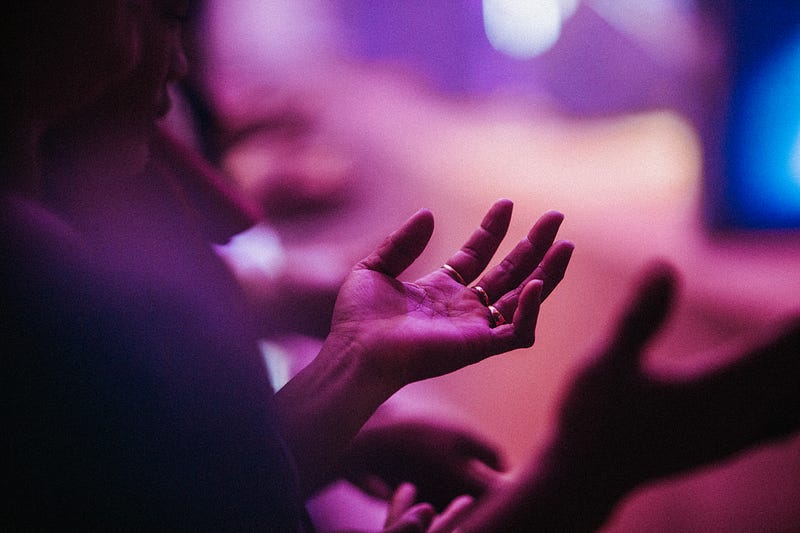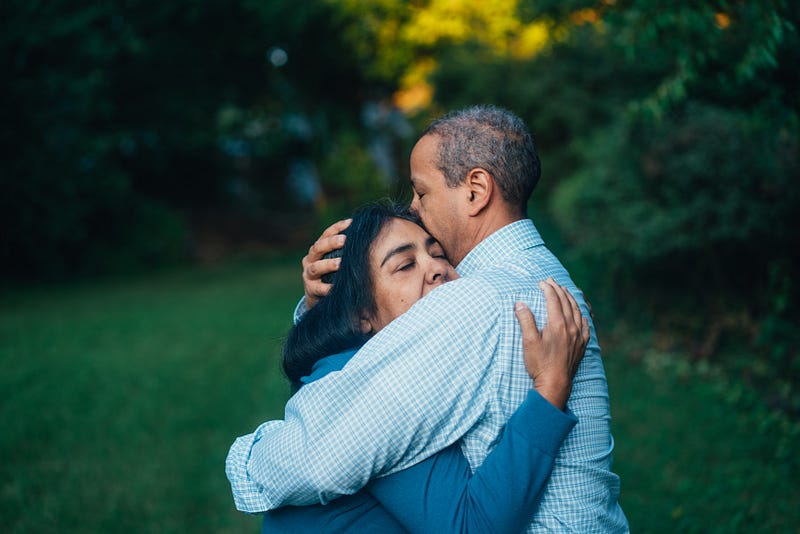How I am learning to forgive and how it is helping myself?

Ever felt cheated in love, or by your friend, or by someone at your workplace? We all have been there sometime somewhere, and its ok — just goes on to teach some important lessons about life. But have we been able to forgive all the ones who have ever harmed us in our lives? I would be lying if I say I have. Of all the golden virtues one should posses, the ability to forgive is among the hardest to achieve, and the lack of this ability causes most harm to oneself.
What does forgiveness means to me?
I identify forgiveness as the ability to look past that one particular incidence, and be able to appreciate the goodness in the person involved. Once we forgive, our best wishes should always be with the person involved in whatever life unfolds for them. All that happened between us should in no way affect the other person in a negative manner. Hence, the act of forgiving is much more than saying ‘I forgive you’, and requires one to be a true saint at heart (which ‘I’ am nowhere close at the moment).
Why is it so difficult to forgive?
One of the most important reasons why we are not able to forgive is the pain that continues to persist— be it the emotional trauma, or the financial stress, or some other form of loss. The pain, that subsides our thoughtfulness and accentuates our anger. Forgiveness is an attribute of the brave, and a mind that is not stable and calm, will not be able to forgive.
Although, I am still developing this virtue, there are a few ways/perspectives that have helped make this process easier:
- Never let your anger take the driving seat.
Anger is often the first emotion that comes out upon the feeling of getting hurt. An angry mind can only harm and never forgive. All the decisions you will ever make while angry — are the ones you regret the most. An angry mind does no good, not even to yourself.

Holding on to anger is like grasping a hot coal with the intent of throwing it at someone else; you are the one who gets burned. — Gautam Buddha
The best thing is to take some time and let your anger subside. Never take any action while you are angry. If you are angry, count to ten. If you are very angry, count to hundred.
A more rationale mind will help you evaluate the consequence of your actions. Once you do that, you may realize that holding onto the grudge will cause you more harm whereas forgiving will set you free. A mind, that is not overshadowed by anger, can only prompt you to forgive and nothing else.
2. Silence comes in handy. Words are often our enemy.
Anger acts through our actions, but first through our words. Once we express our rage, we know deep within that it is wrong. This prompts our mind to find reasons not to forgive so as to justify our rage. What we speak in the moment of anger often takes us farther from the act of kindness.
Wise men, when in doubt whether to speak or to keep quiet, give themselves the benefit of the doubt, and remain silent. — Napoleon Hill
Hence, when in doubt, it is best not to speak. Silence may not directly lead to forgiveness, but it keeps the door open — and sometimes this is all we need.
3. Look at the higher cause — what is forgiveness going to get you?

Not being able to forgive often comes with a cost — be it the long term relationship, our camaraderie with your friends, or your workplace relation. In all the cases, whatever you lose is something that has always held special place in your life — because if that is not the case, would it have hurt so much? And if this is true, isn’t it all the more reason to forgive?
When in doubt, just evaluate what do you lose by not forgiving? And if it is something that we have long cherished, it definitely deserves a second chance.
4. Not being able to forgive does more harm than good.
I have realized that not being able to forgive does me more harm than good. I often build up a grudge in my heart, that takes away my peace of mind. Of all the things in the world, only my time and energy are finite — and I cannot waste it for no good reason. We must always choose our battles wisely, and one should not spend his/her efforts on a battle that leads us nowhere.
The moment we realize that we need to forgive, not for the other person, but for oneself, is the moment that we learn to forgive.
5. Give it some time. Wounds heal over time.
If you cannot forgive at this very moment, give yourself some time. There are no wounds that time cannot heal. As pain subsides, it becomes easier to forgive.
When in doubt, always remember that we need to forgive for ourselves and not for anyone else. This makes the process all the more easier. And if we are not able to forgive just yet, we do not need to be harsh with ourselves — but just an acknowledgment that this is not where we should be, and there is a journey to traverse.
As I said earlier, the act of forgiveness requires one to be a true saint at heart. We are all not there yet, but will surely reach there someday.
If you have come so far, please share your feedback/reflections in the comments. I read them all 😄.
If you feel comfortable, please share an instance on when you forgave someone and how it impacted/relieved you.
👏are optional, but they sure make us happy.
Join medium while below mentioned link — it helps me with no additional cost to you.
https://medium.com/@thesilentmonk/membership
If you like my stories, please support me by giving a tip via my Ko-Fi account at https://ko-fi.com/thesilentmonk.


Comments
Comments are disabled for this post